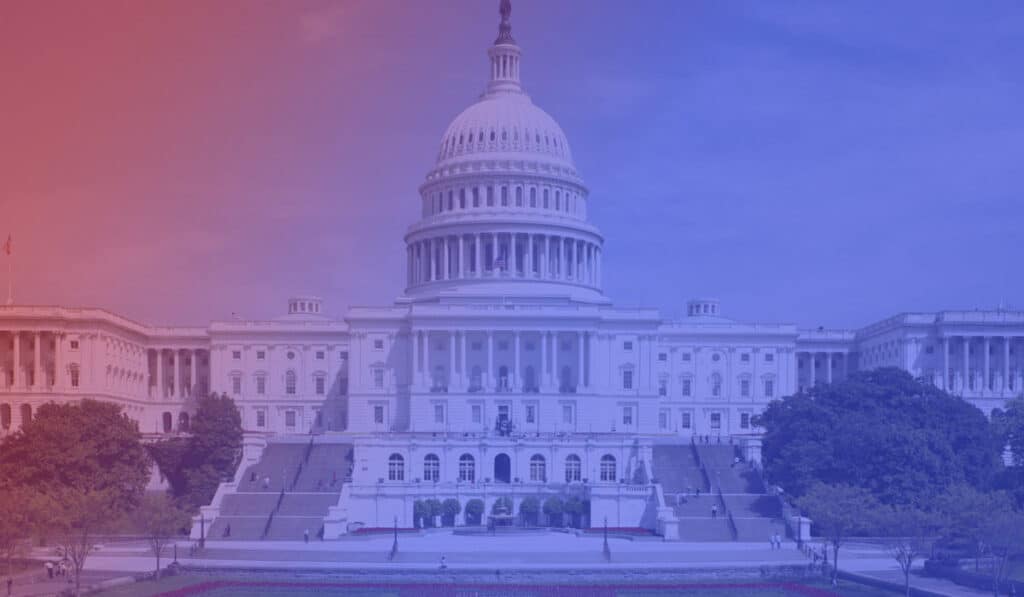Even as borrowers of the Paycheck Protection Program (PPP) loans begin the process of applying for loan forgiveness, and though they still await final regulations and guidance, members of the House of Representatives have introduced legislation to modify the program as originally enacted on March 27, 2020.
The full House is expected to vote next week on a stand-alone, bipartisan PPP bill (HR 6886), which was introduced by Representatives Chip Roy (R-TX) and Dean Phillips (D-MN). The measure, known as the “Paycheck Protection Program Flexibility Act,” would make a number of changes to the CARES Act’s small business loan program. The modifications proposed by this bill would add substantial flexibility to the loan requirements under the previously enacted law and guidance with which borrowers have been attempting to comply.
Although the provisions of this new bill were originally included in the House-passed Heroes Act, a $3 trillion economic relief package that was narrowly approved last week, Senate leadership has made it clear that the upper chamber will not take up that proposed legislation. As a result, the House is now moving to vote on the stand-alone PPP Flexibility Act to enact a number of changes currently receiving industry and bipartisan Congressional support.
Both Republican and Democratic lawmakers in the Senate seem to be willing to back legislation to extend loan forgiveness for expenses incurred and paid beyond the 8-week covered period, as required by the original law and guidance issued to date. One of the primary provisions of the PPP Flexibility Act would lengthen the loan repayment and rehiring timelines to enable employers to retain more workers.
The text of the legislation has not yet been published, but according to the information released, the proposed bill would implement the following changes:
- allow forgiveness for expenses beyond the 8-week covered period;
- eliminate restrictions limiting non-payroll expenses to 25% of loan proceeds;
- eliminate restrictions that limit loan terms to two years;
- ensure full access to payroll tax deferment for businesses that take PPP loans; and
- extend the rehiring deadline to offset the effect of enhanced Unemployment Insurance.
Adding further optimism to the likelihood of this bill’s passage is its expected backing from the President, who has signaled support for extending forgiveness for expenses beyond the 8-week period. Treasury Secretary Steven Mnuchin told lawmakers at a Senate Banking Committee hearing that the Trump administration wants to work with Congress to get it done, noting, “Companies are really having issues.”
Final Thoughts
It seems clear that this legislation has an open path to passage and will enhance the compliance process associated with these loans. While Congress did an exceptional job in getting these funds into the marketplace to fuel a quick response to the Coronavirus-response shutdowns by all levels of government, the speed with which that law was developed and passed left a number of unknowns for borrowers. While complying with the rules currently in place has created a number of complex issues for loan recipients, the relief that is expected to be offered in this package can only serve to ease some of those stresses.
Should you have questions or comments, please contact Bob Grossman or Don Johnston at 412-338-9300.
Related posts:
Paycheck Protection Program Loan Forgiveness Application Released
SBA Releases Good News for PPP Loan Borrowers Under $2 Million
Further SBA Guidance Extends Safe Harbor Deadline for SBA Loans
New SBA Guidance on PPP Loan Forgiveness Related to Laid-Off Employees
Paycheck Protection Program Loans – Round 2
FAQs Issued to Further Clarify Guidance on PPP Loans
Paycheck Protection Program Loans (PPP) Available Under the CARES Act






